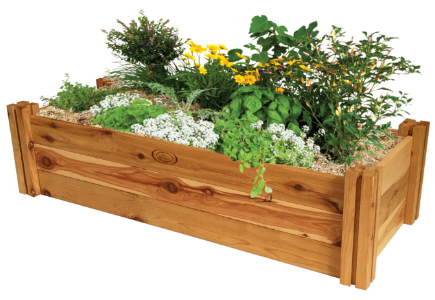Blog Information
- Posted By : Webb Henry
- Posted On : Aug 06, 2024
- Views : 41
- Category : General
- Description : Exploring the Benefits of Soft Periphery Herb Gardens in Modern Industry
Overview
- Soft Periphery Herb Gardens
The Rise of Soft Periphery Herb Gardens
In recent years, the concept of soft periphery herb gardens has gained significant traction in modern industry. These gardens, located on the outskirts of industrial facilities, offer a range of benefits that go beyond traditional landscaping.

Enhancing Environmental Sustainability
One of the key advantages of incorporating soft periphery herb gardens is their contribution to environmental sustainability. By planting a variety of herbs around industrial sites, companies can help improve air quality, reduce soil erosion, and provide habitats for local wildlife.
Boosting Employee Well-being
Another important benefit of soft periphery herb gardens is their positive impact on employee well-being. Research has shown that spending time in green spaces can reduce stress, increase productivity, and enhance overall job satisfaction. By creating these tranquil garden areas, companies can promote a healthier work environment for their staff.
Increasing Aesthetic Appeal
Soft periphery herb gardens also play a crucial role in enhancing the aesthetic appeal of industrial facilities. These gardens add a touch of natural beauty to otherwise utilitarian spaces, creating a more pleasant and welcoming atmosphere for employees, visitors, and the surrounding community.
Supporting Biodiversity Conservation
Furthermore, soft periphery herb gardens can help support biodiversity conservation efforts. By planting a diverse range of herbs, companies can attract pollinators such as bees and butterflies, thereby contributing to the preservation of local ecosystems. This not only benefits the environment but also helps raise awareness about the importance of biodiversity.
In conclusion, the benefits of incorporating soft periphery herb gardens in modern industry are manifold. From enhancing environmental sustainability to boosting employee well-being and supporting biodiversity conservation, these gardens offer a holistic approach to landscaping that goes beyond mere aesthetics. By embracing this innovative concept, companies can create more sustainable, attractive, and employee-friendly work environments.
References
